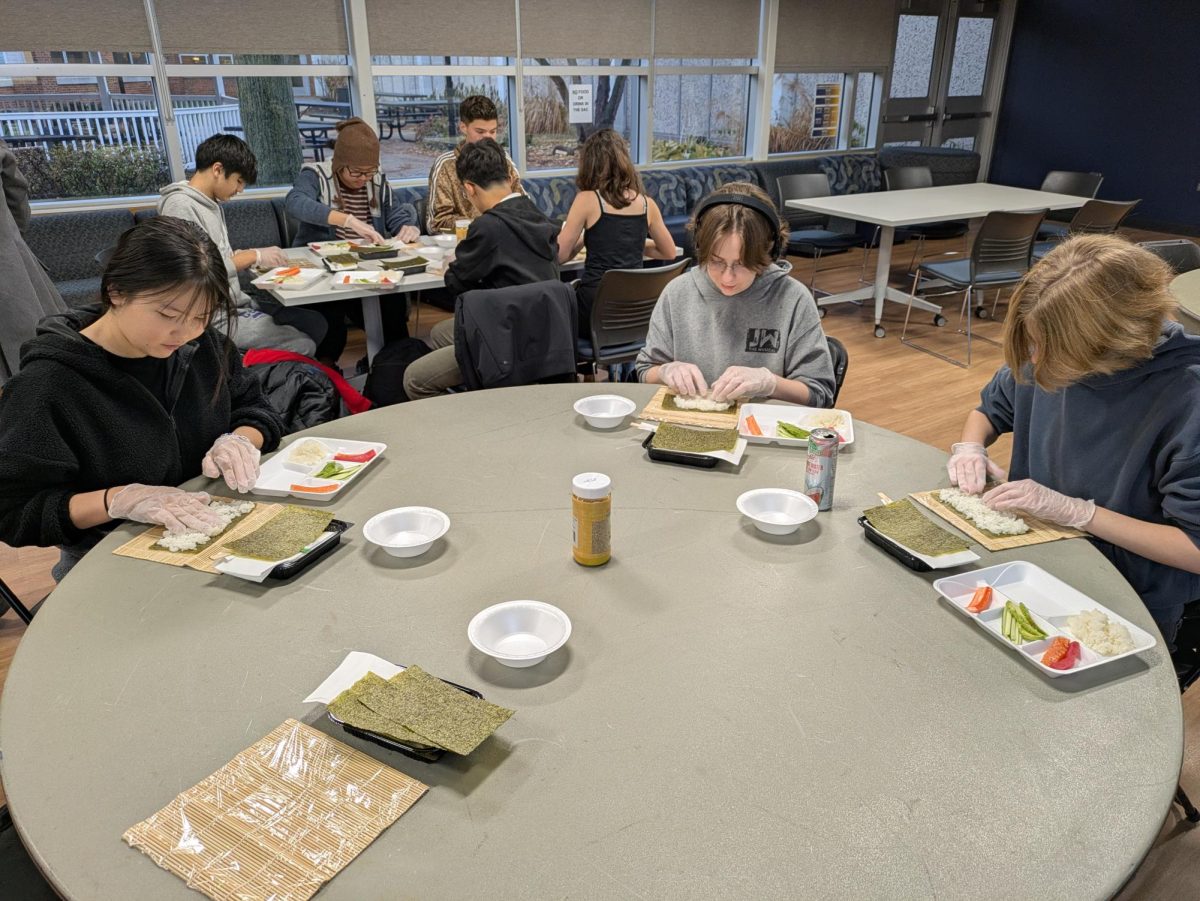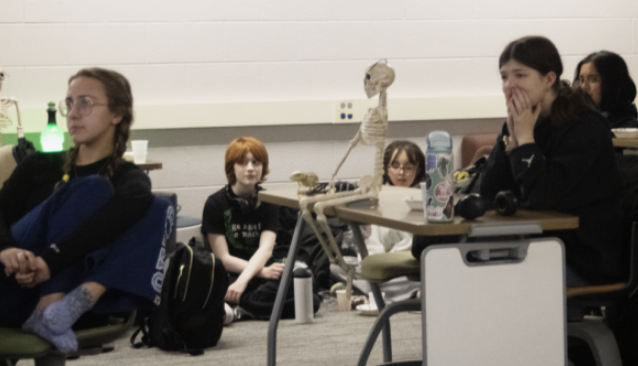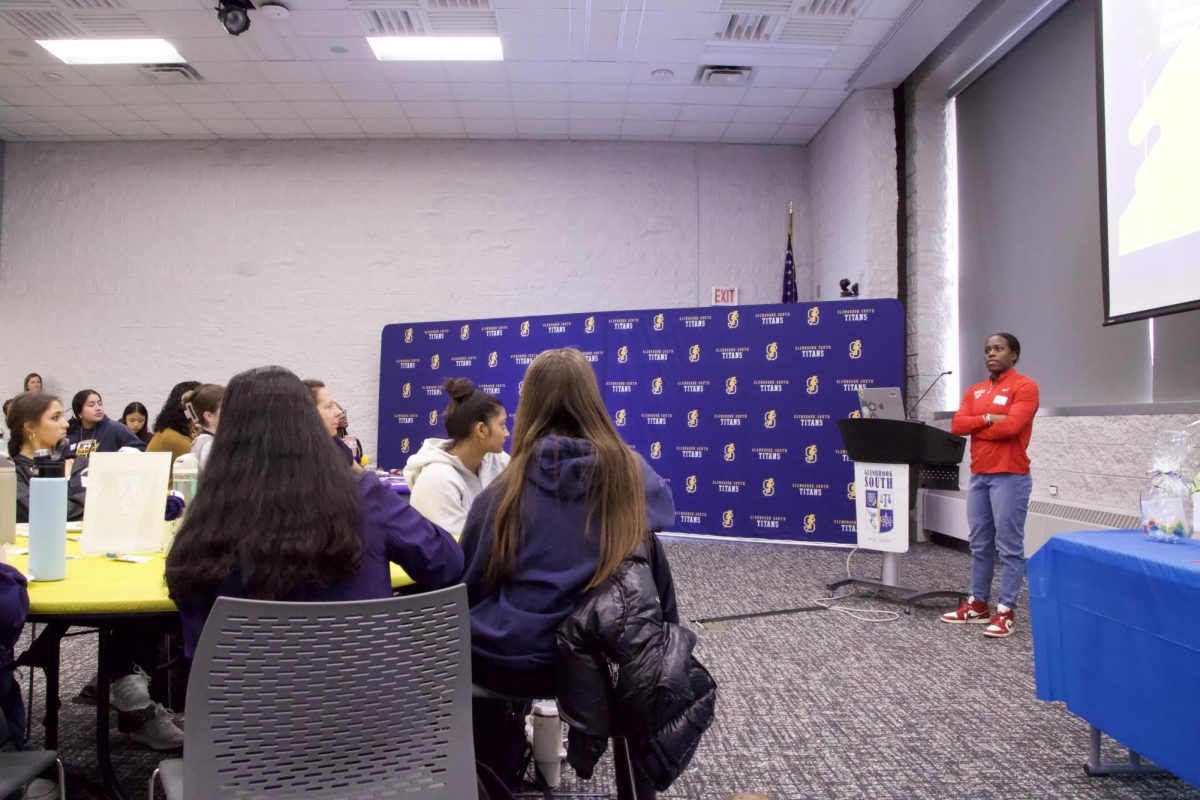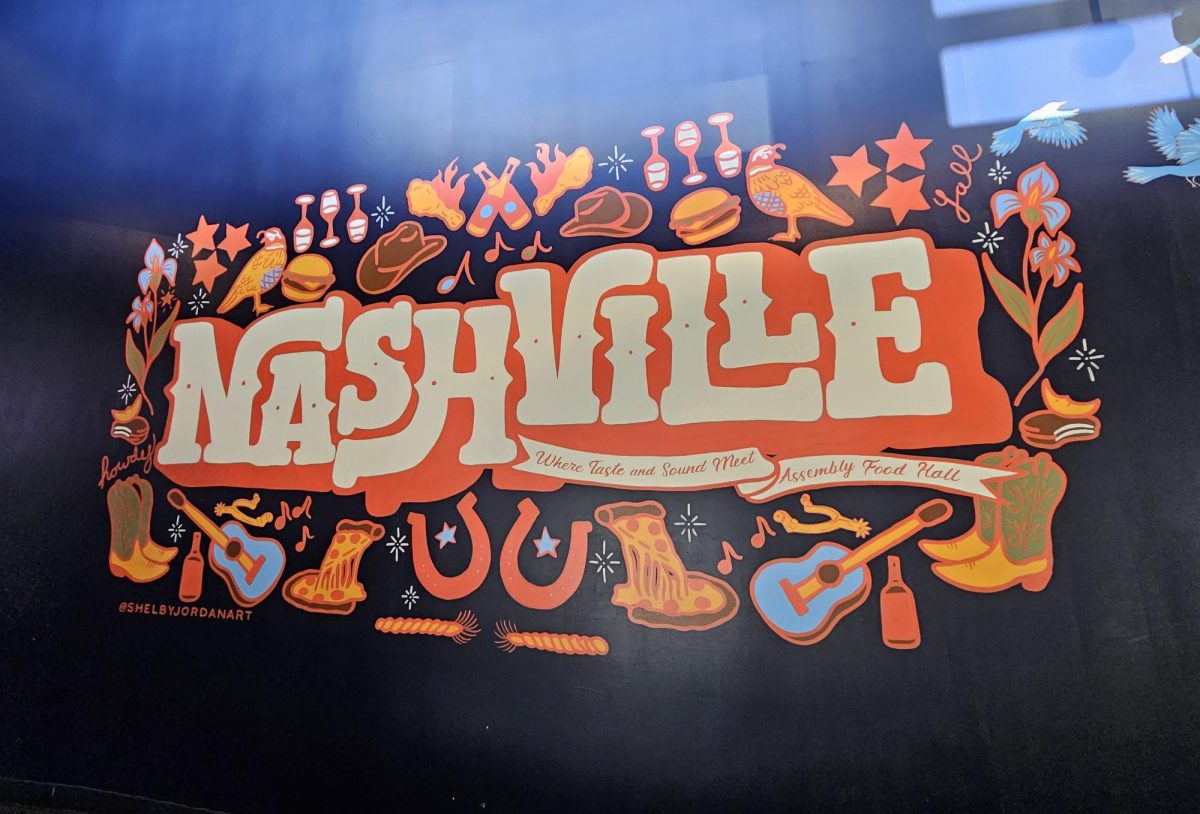Throughout South, diversity is a major component that contributes to the overall culture and dynamic of the student body. Diversity brings together different experiences and ways of life from each person, to contribute to the overall atmosphere of the school. A handful of students at GBS have the status of dual citizenship, meaning that they have obtained citizenship in the United States and another country; this status has given benefits that students who are sole citizens in the U.S. may not receive.
Dual citizenship can be achieved in a variety of ways. Senior Benya Chongolnee, a dual citizen of Thailand, was born in Thailand but obtained U.S. citizenship because her parents attended college in the U.S. Chongolnee lived in Thailand until age 11.
“My sister and my cousin went to school [in the US] already, so I learned the basic stuff, like what to expect [in the US],” Chongolnee said. “When I started middle school it was scary, but it was fine since I already knew the basics. [Middle school] was hard at first because I did not know any friends since everyone went to the same elementary school, but I learned how to make friends pretty fast.”
Being a dual citizen also allows the possession of two passports, one for each country. The citizen can decide to use either when traveling internationally as long as they are both up to date. According to Chongolnee, having the two passports has different benefits per country, but can be beneficial while traveling with her family.
“When my parents and I went to Japan over the summer, I used my USA citizenship while my parents used their Thai citizenship,” Chongolnee said.”[My parents and I] looked at the [U.S. passport] and it said that for the U.S. citizenship we were allowed to stay [in Japan] for about three months. But for Thai citizenship, you could only stay in Japan for two weeks, so obviously that’s a big difference.”
Along with traveling benefits, having a dual citizenship brings a sense of emotional connection with the other country, according to freshman Rohan Gupta. Born in the U.S., Gupta is also a citizen of India because both of his parents were born there.
“All of my mom’s family lives [in India],” Gupta said.” Unfortunately my great grandfather passed away while we were in India, so I was there to grieve with my family. If I wasn’t there, it would have been hard for my family and I to go back, but since we have the citizenship in India we were able to go back more than once.”
Additionally, Gupta explained that a benefit to having citizenship in India as being able to travel the country annually. According to Gupta, being able to travel there so often has opened his eyes to his life in the U.S. versus life India.
“Going [to India] a lot really shows me how much I appreciate living in the U.S.,” Gupta said. “Even though there is a lot of poverty [in India] and it’s shown on the streets, it shows me how if even though some people aren’t living in luxury in the U.S., it’s still luxury in India. There’s a lot of poverty, but people still manage. [India] is a strong country.”
Another aspect of dual citizenship specifically pertaining to those who move from their native country to the U.S. are the cultural differences, according to senior Ruxi Griza. Griza lived in Romania until the age of 6. According to Griza, moving was a shock for her, but she was able to adjust to the new culture by staying with another Romanian family for the first few months. Griza explained that the main cultural difference she encountered was the change in food.
“I remember that the food [in the U.S.] was really weird,” Griza said. “ I remember my parents had barbecue sauce, and they commented how sweet it is. I didn’t like milk and the way that it tasted, hot dogs were really weird, so were cereals, and bread.”
Griza also explained how although she now lives in the U.S., Romania still holds as a special place to her. According to Griza, the biggest gain in having a dual citizenship is the connection she still has to Romania.
“[My Romanian citizenship] is a symbol that I still am somebody who is from [Romania], and I did not abandon that connection,” Griza said. “I can go back [to Romania] and feel like I am almost at home with my family.[My Romanian citizenship] is symbolic of the emotional connection that I have.”
For many students having dual citizenship, it impacts their culture outside of school, according to sophomore Tammy Veltchev. Veltchev explained how she values her memories in Bulgaria like going to the beach with her brother and his wife. She explained how in Bulgaria she is able to have more freedom with her brother in charge, versus in the U.S. living with her parents. Veltchev also pairs a benefit of having a dual citizenship to experiencing the different lifestyle that Bulgaria offers her.
“[Having a dual citizenship] definitely made me more diverse growing up,” Veltchev said. “I was able to experience life [in the U.S.] and somewhat life in [Bulgaria], [My culture at home] is a lot more Bulgarian than American.”
Dual citizenship can also be passed down from generation to generation, which is the case for senior Nonie Andersen, citizen of Ireland. According to Andersen she received her citizenship from her great grandparents and then through her mom. Andersen attributes her dual citizenship as a positive impact in her life, which has allowed her to play on Ireland’s Women’s National Lacrosse Team.
“There are no negatives to [being a dual citizen],” Andersen said. “It just opens up opportunities. If I wasn’t a dual citizen, I wouldn’t be able to try out for the [lacrosse] team, even though my heritage is of Ireland. Obviously being on the team wasn’t an expected benefit, but it’s nice.”













